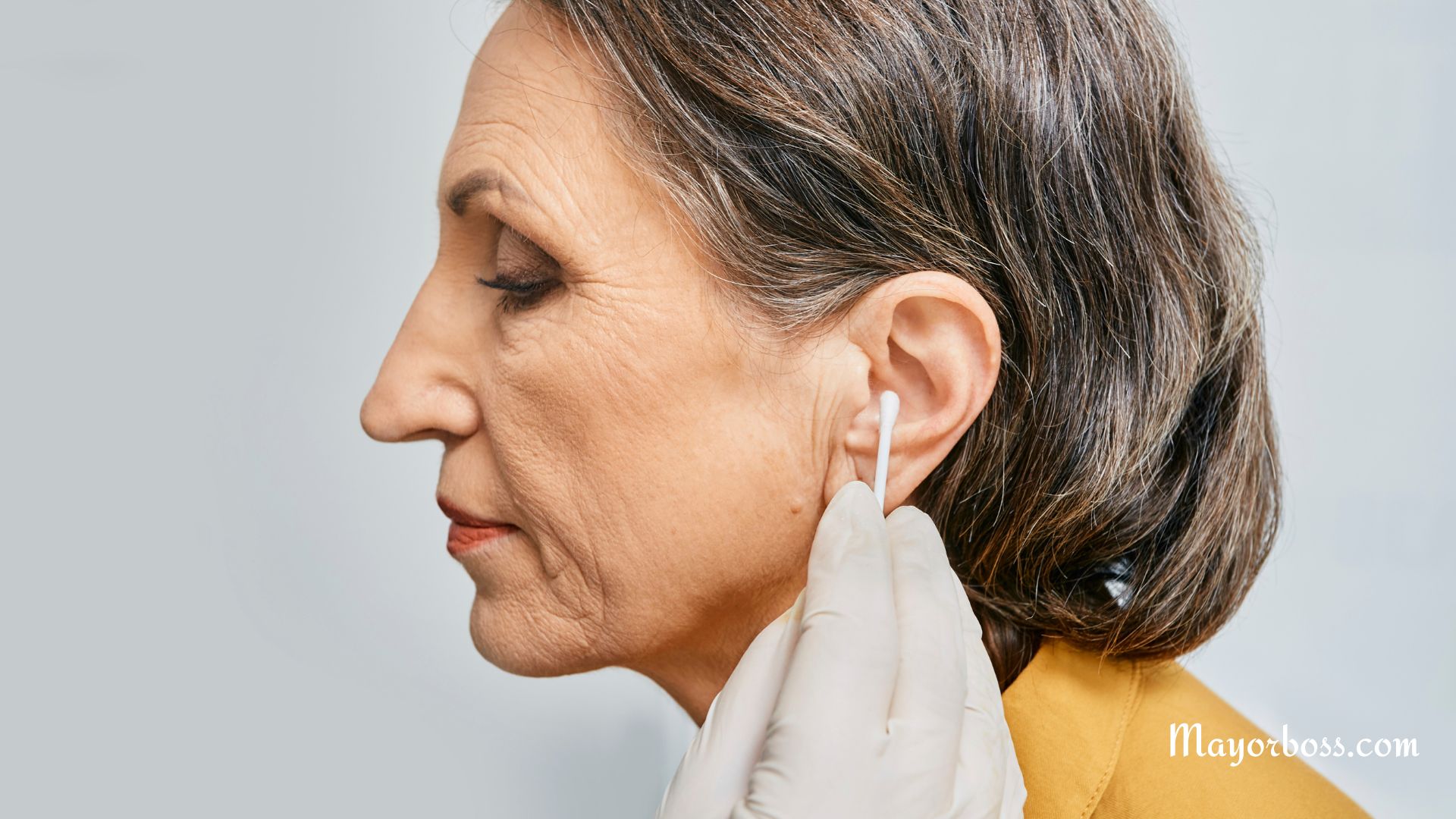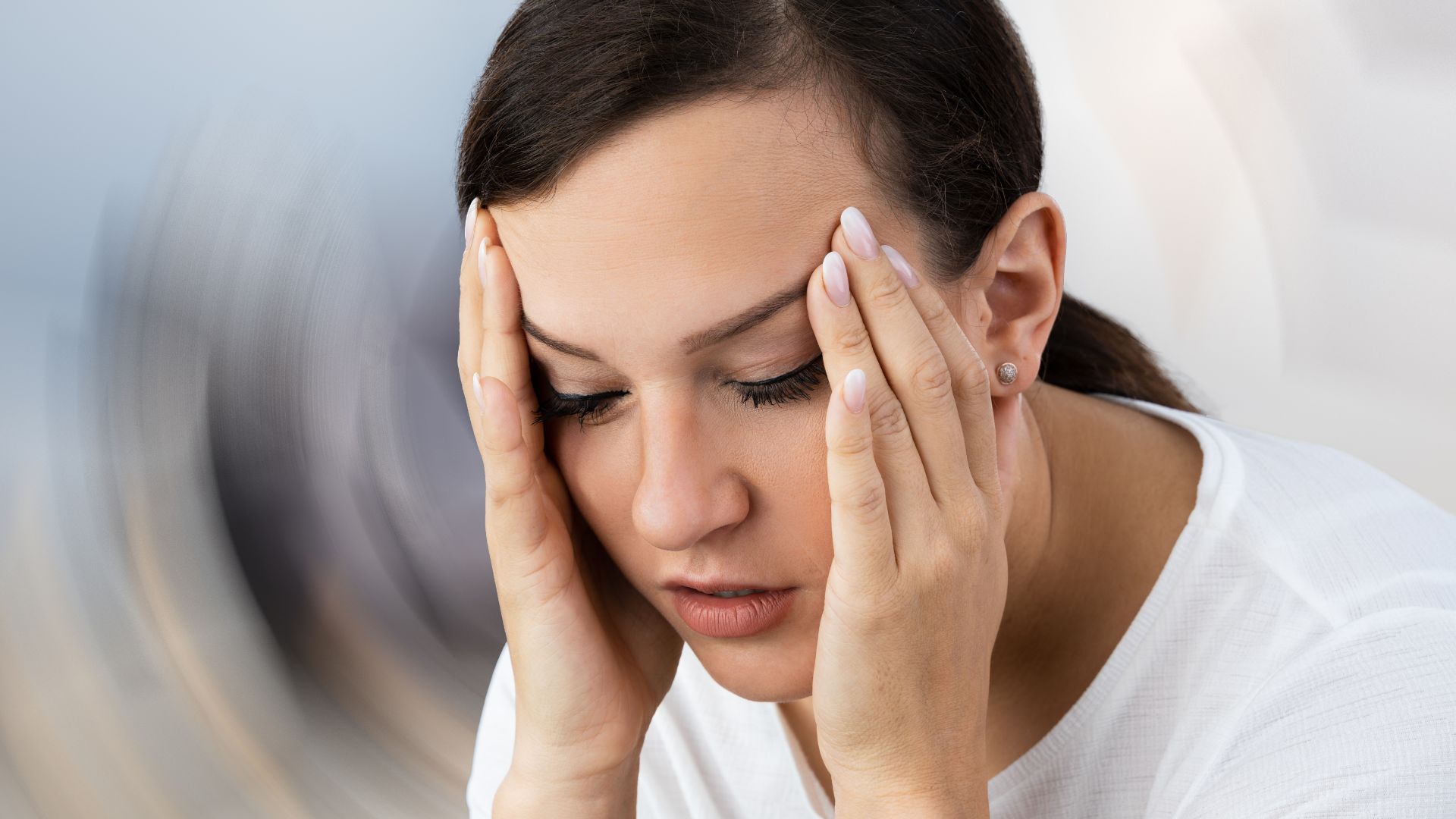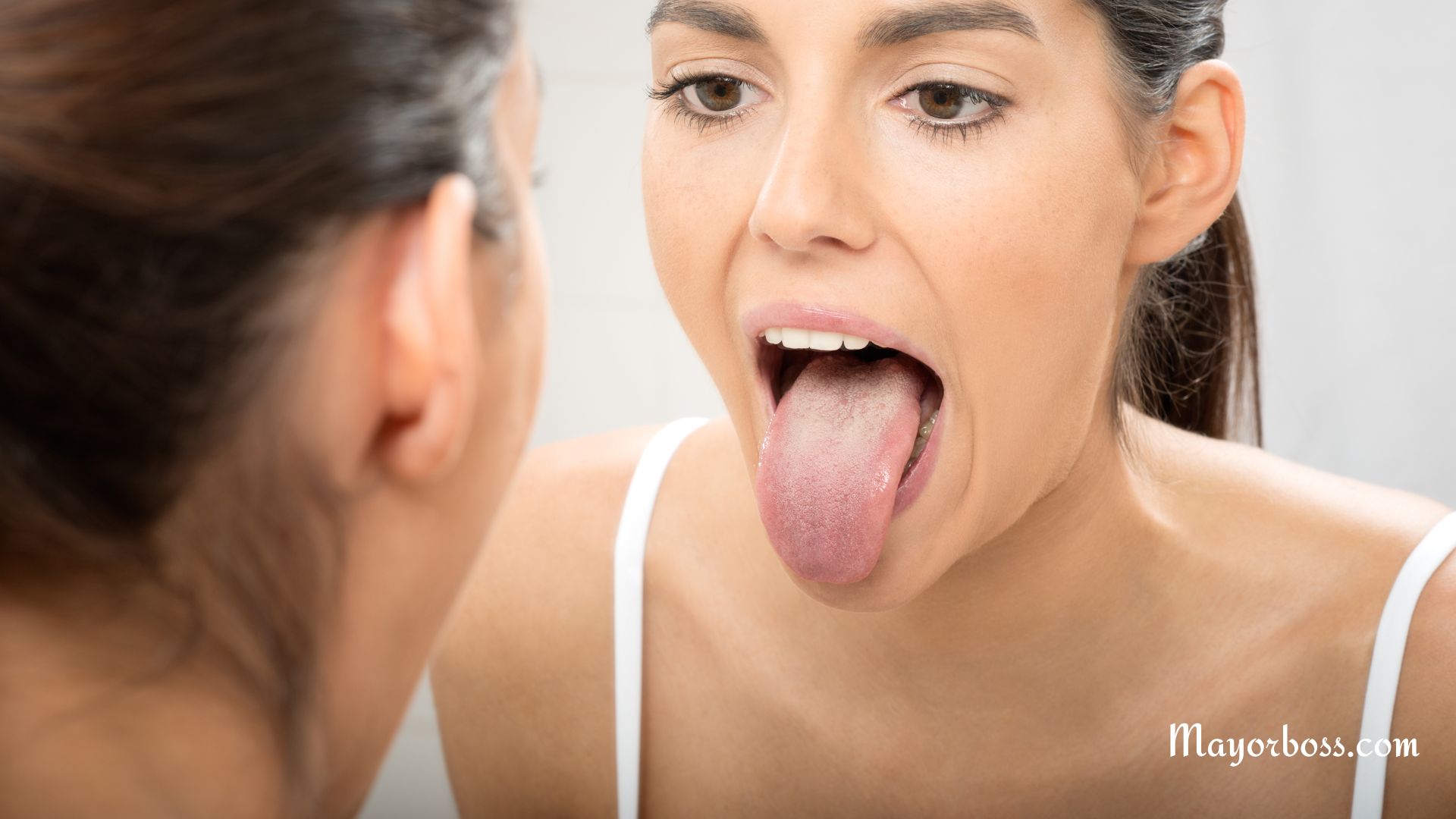Why Does My Earwax Smell So Bad? Understanding the Causes and Remedies
Have you ever caught a whiff of something less than pleasant and realized, to your surprise, it’s coming from your earwax? It’s not exactly a topic we chat about over coffee, but let’s face it: sometimes, earwax can have a pretty strong, even foul, odor. You’re not alone in wondering why. So, This article discusses the earwax, uncover why it sometimes smells bad, and, importantly, what you can do about it.

What’s Up With Earwax?
Earwax, or cerumen, isn’t just random gunk; it’s a substance produced by your body with some important roles. It traps dust and dirt, preventing them from reaching the eardrum. Plus, it’s a natural moisturizer, keeping your ear canal from drying out. Typically, earwax is a self-cleaning agent – it usually makes its way out of the ear canal naturally, carrying debris with it.
The Stinky Side of Earwax
Now, to the heart of your question: Why might your earwax smell bad?
1. Bacterial Growth
Earwax can become a breeding ground for bacteria. When bacteria break down, they can emit unpleasant odors. If you’re noticing a particularly strong smell, it could be a sign of an overgrowth of bacteria.
2. Infections
Ear infections, either in the outer or middle ear, can cause smelly earwax. These infections often result from bacteria or fungi, and the discharge they produce can be quite odorous.
3. Excessive Earwax Buildup
Earwax can sometimes build up and become impacted. This can happen due to overproduction or if you frequently use earplugs or earbuds. Impacted earwax can lead to an unpleasant smell as it can trap bacteria and dead skin cells.
4. Skin Conditions
Certain skin conditions, like eczema or psoriasis, can affect your ears too. These conditions can change the texture and composition of earwax, potentially leading to a bad smell.
5. Diet and Hygiene
Believe it or not, what you eat and how you clean your ears can impact the smell of your earwax. A diet high in certain foods might influence the odor, and improper cleaning techniques can push wax deeper into the ear, contributing to buildup and smell.
Remedies and Prevention
Keep Your Ears Clean (But Not Too Clean)
You might think the solution is to clean your ears more, but be cautious. Over-cleaning can irritate the ear canal and even lead to more earwax production. Stick to cleaning the outer ear and avoid inserting cotton swabs or other objects into the ear canal.
Seek Medical Attention for Infections
If you suspect an ear infection, it’s important to see a healthcare professional. They can prescribe medication to clear up any infection and advise on proper ear care.
Manage Skin Conditions
If you have a skin condition that affects your ears, managing that condition can help reduce earwax issues. Your doctor can provide guidance on this.
Consider Your Diet
While it’s not a direct link, a healthy, balanced diet can contribute to overall health, which might help with earwax issues.
Earwax Removal
If you have impacted earwax, a healthcare professional can remove it safely. This should be done carefully to avoid damaging the ear.
When to See a Doctor
If you’re experiencing other symptoms like ear pain, hearing loss, or persistent odor despite good hygiene, it’s time to consult a healthcare professional. They can rule out or treat any underlying conditions.
Key Takeaways
- Earwax serves important functions but can sometimes smell bad due to bacteria, infections, or buildup.
- Good ear hygiene is crucial, but over-cleaning can be harmful.
- Skin conditions, diet, and hygiene practices can affect earwax odor.
- Consult a healthcare professional for persistent issues or if you suspect an infection.
Remember, while a bit of earwax is perfectly normal and even beneficial, keeping an eye (or nose) on changes in its odor can be a good indicator of your ear health.






